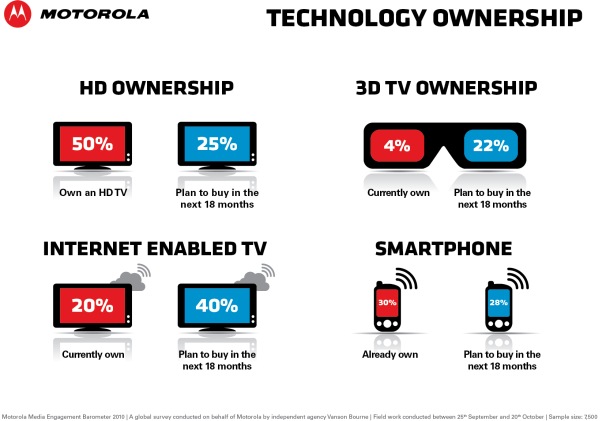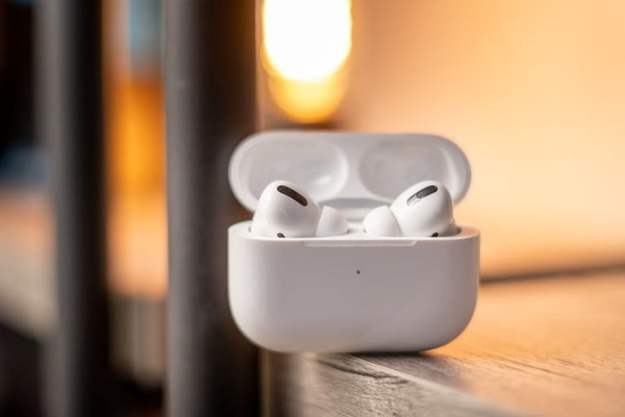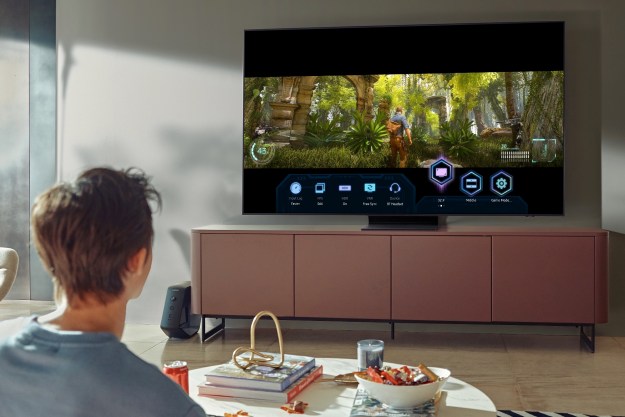 There’s been a lot of talk about the future of TV recently, with companies like Apple and Google trying to persuade you to give up cable, and consumers ready to forgo TV all together in favor of streaming shows online. The 3D TV outlook has been questionable at best, networks are banning Internet-TV access, and it’s all getting pretty messy.
There’s been a lot of talk about the future of TV recently, with companies like Apple and Google trying to persuade you to give up cable, and consumers ready to forgo TV all together in favor of streaming shows online. The 3D TV outlook has been questionable at best, networks are banning Internet-TV access, and it’s all getting pretty messy.
Motorola is trying to make sense of it all. The company surveyed more than 7,500 consumers worldwide between the ages of 16 and over 65, with a US-focused study consisting of 1,000 participants (the image reflects the global results).
Bottom line, Americans love TV. US consumers sit in front of the tube for an average of 21 hours a week, and 86 percent pay for this. And in encouraging news for the cable companies and networks nervous about the onslaught of Internet-TV competitors, the 39 percent who almost exclusively watch scheduled or live TV won’t be ditching their cable plans anytime soon.
According to the survey, there’s good and bad news on the 3D TV front. While only a small margin own 3D TVs at the moment, that number should more than double in the next year and a half. The bad news? If consumers are going to invest in a new TV-related technology, it looks like 3D isn’t the most popular choice: 15 percent of those surveyed plan to buy an Internet-enabled set over the next 18 months, versus the 11 percent who will spend their money on a 3D model.
And with this projected investment in Internet-TV naturally comes the prediction that Americans want a social television experience. Thirteen percent would pay extra for a program that combined their TV and Internet activities (like being able to use chat or social sites on a TV screen while simultaneously watching a show), and nearly 40 percent would pay extra to providers that could offer these services (are you listening cable companies?).


